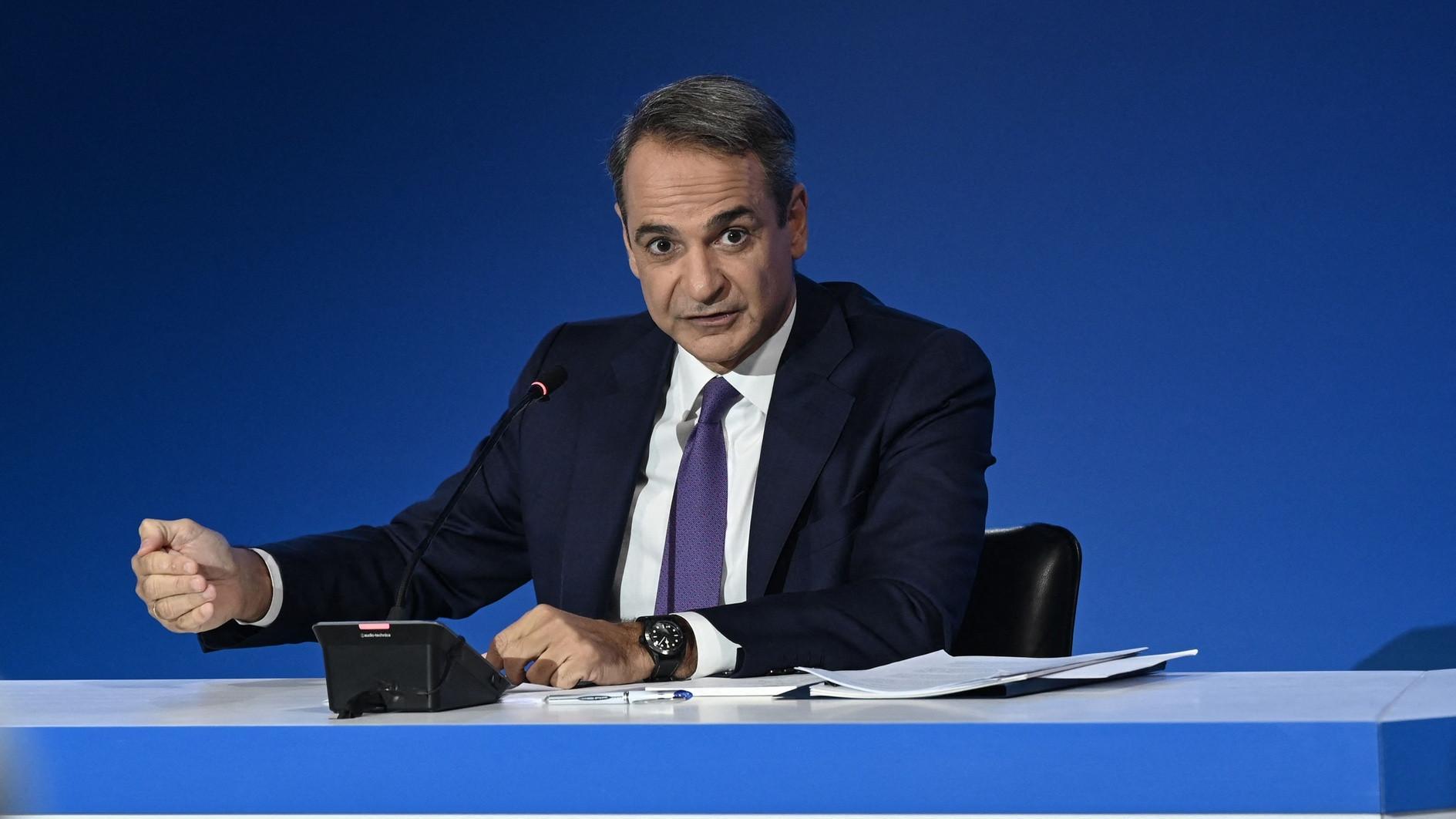
Greek Prime Minister Kyriakos Mitsotakis has announced a new set of policies aimed at boosting citizens' purchasing power and tackling the country's housing crisis.
The measures include a 14 percent increase in the minimum wage, a 2.5 percent increase in pensions and a new tourist tax.
Mitsotakis vowed to bring prosperity to Greece, which in 2023 had the second lowest GDP per capita in the European Union, by 2027 during a speech at the opening of the Thessaloniki International Fair (TIF) on Sept. 7.
The premier referred to nine challenges facing his government, including the convergence of public and private sector wages, the green transition using cheaper energy and the mitigation of the effects of the runaway growth in tourism.
He also vowed to create an effective response to the country's declining and ageing population.
The country of 10 million people, which relies heavily on tourism, has endured a near decade-long economic crisis exacerbated by the post-pandemic recession.
Housing and food prices had soared due to sky-high inflation, which has only just begun to fall.
Average annual income in Greece was half the European average in 2023, while the minimum wage of 830 euros a month ($920) is less than half that of France.
Mitsotakis vowed to increase pensions by up to 2.5 percent in 2025 and to gradually push up the minimum wage to 950 euros by 2027.
He also announced new incentives to boost the birth rate and tax benefits to galvanize the rental market.
A special levy on the self-employed will be gradually abolished, while the 243 million euro revenue from a windfall tax on energy companies will be distributed to vulnerable citizens.
Mitsotakis also announced a new fee for passengers disembarking from cruise ships in Greek ports and a Golden Visa scheme for foreigners investing at least 250,000 euros in start-ups.